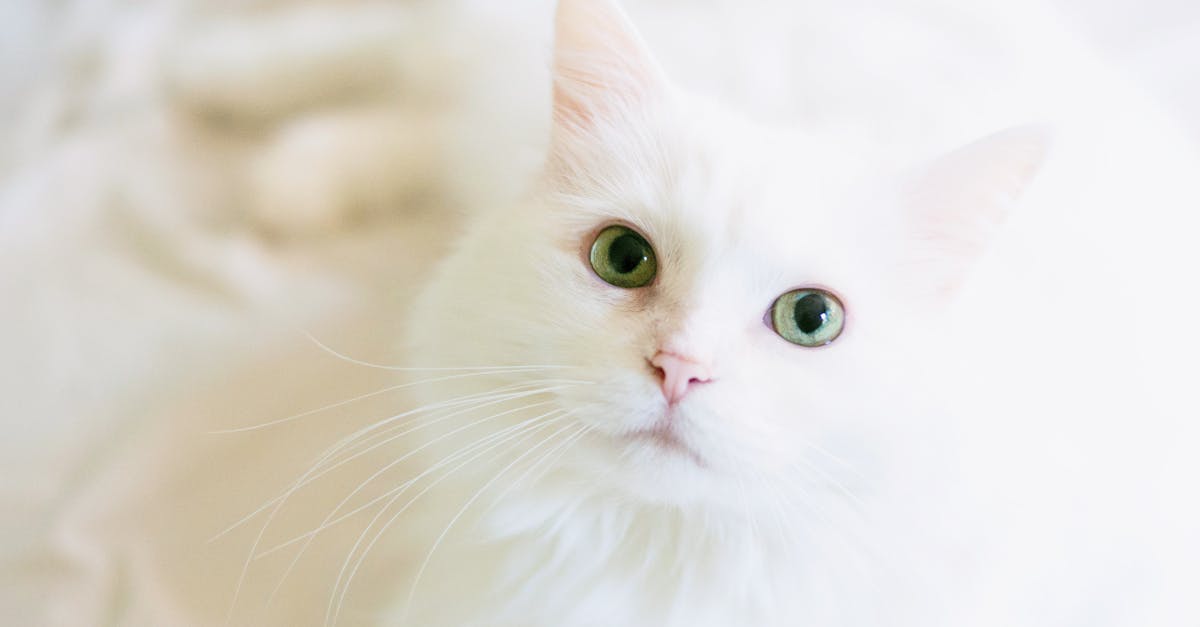Does your cat have a strange obsession with chewing on paper? While it might seem odd or even amusing at first, this behavior can leave cat owners puzzled and concerned. Chewing on paper is a surprisingly common quirk in felines, but understanding the reasons behind it is key to addressing the behavior and keeping your curious kitty safe.
🐾 Why Do Cats Chew on Paper?
There are several reasons why your cat might be drawn to nibbling on paper. Some are harmless, while others could indicate an underlying issue. Here's a breakdown of the most common causes:
- Boredom – Cats are intelligent animals that need mental stimulation. A lack of toys or activities can lead them to explore their environment in unusual ways, such as chewing paper.
- Playfulness – The crinkly texture of paper can mimic prey-like sounds, making it an enticing object for cats to swat, chew, and shred.
- Teething – Kittens that are teething may chew on various objects, including paper, to relieve discomfort.
- Pica – Pica is a condition where cats eat non-food items. This behavior can stem from medical, nutritional, or psychological factors.
- Dietary Deficiencies – Some cats may chew on paper due to a lack of nutrients in their diet, signaling that they’re seeking alternative sources.
By observing your cat's behavior, you can often narrow down the reason for their paper-chewing habit. However, persistent or excessive chewing may warrant further investigation.
🩺 Medical Reasons for Paper Chewing
In some cases, paper chewing could be linked to underlying health issues. Identifying the root cause is important to rule out any potential medical concerns. Here are a few possibilities:
- Pica – Pica is a behavioral condition where cats eat non-food items like paper, plastic, or fabric. It can be caused by anemia, stress, or even gastrointestinal disorders.
- Dental Problems – Cats with dental pain or gum disease may chew on paper to alleviate discomfort. Watch for signs like drooling, pawing at the mouth, or bad breath.
- Stress or Anxiety – Chewing on paper can be a coping mechanism for cats experiencing stress or anxiety. Changes in their environment, such as a move or the arrival of a new pet, can trigger this behavior.
- Hyperthyroidism – This condition can cause increased appetite and unusual eating behaviors in cats, including chewing on non-food items.
If you suspect a medical issue, consult your veterinarian for a thorough examination and appropriate treatment options.
🎯 How to Address Paper Chewing
Once you’ve identified why your cat is chewing on paper, you can take steps to redirect this behavior and ensure their safety. Here are some practical tips:
- Provide Enrichment – Offer a variety of toys, scratching posts, and interactive activities to keep your cat engaged. Puzzle feeders or toys filled with treats can be particularly effective.
- Remove Temptations – Keep paper products, including books, napkins, and cardboard, out of your cat's reach. Store them in closed cabinets or drawers.
- Offer Safe Alternatives – Redirect your cat’s chewing behavior by providing safe chew toys or cat-friendly materials, like untreated cardboard designed for pets.
- Ensure a Balanced Diet – Consult your vet to confirm that your cat's diet meets their nutritional needs. A high-quality, balanced diet can prevent nutrient-related chewing.
- Reduce Stress – If stress is the culprit, create a calm and predictable environment for your cat. Use pheromone diffusers or sprays to help them feel more secure.
Consistency and patience are key when addressing paper chewing. Avoid scolding your cat, as this can increase anxiety and worsen the behavior.
🛑 When to Be Concerned
While occasional paper chewing may not be cause for alarm, there are instances where it could pose a risk to your cat's health. Monitor your pet for the following red flags:
- Persistent or obsessive chewing on paper
- Ingesting large amounts of paper, which could lead to intestinal blockages
- Signs of illness, such as vomiting, diarrhea, or lethargy
- Behavioral changes, such as increased aggression or withdrawal
If you notice any of these symptoms, schedule a veterinary appointment to rule out medical issues and prevent potential complications.
🧐 FAQs
Q: Is it normal for cats to chew on paper?
A: Yes, occasional paper chewing is normal for many cats. However, frequent or excessive chewing may indicate boredom, stress, or an underlying medical issue.
Q: Can eating paper harm my cat?
A: Yes, ingesting paper can lead to gastrointestinal blockages, which may require medical intervention. Always monitor your cat's behavior and keep paper products out of reach.
Q: How can I stop my cat from chewing on paper?
A: Provide enrichment activities, safe chew toys, and a balanced diet. Remove paper temptations and address any underlying stress or medical conditions.
Q: Should I take my cat to the vet for chewing paper?
A: If your cat is excessively chewing or ingesting paper, or if you notice any concerning symptoms, consult your vet to rule out medical or behavioral issues.
Q: Why does my kitten chew on paper?
A: Kittens may chew on paper during their teething phase to relieve discomfort. Offering appropriate teething toys can help redirect this behavior.
References
- PetMD – Cat Behavioral Problems
- ASPCA – Cat Behavior Issues
- National Research Council – Nutrient Requirements of Dogs and Cats
Book a $49 online vet consultation at https://www.dialavet.com for fast, expert advice.























